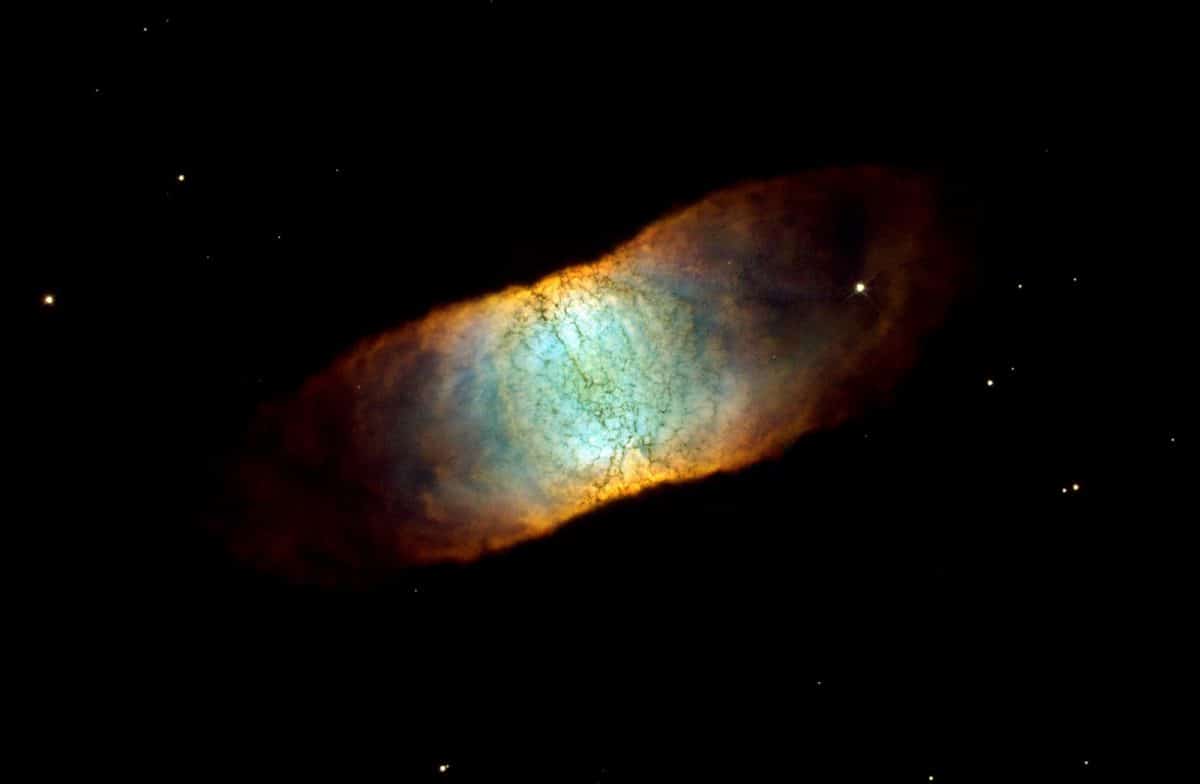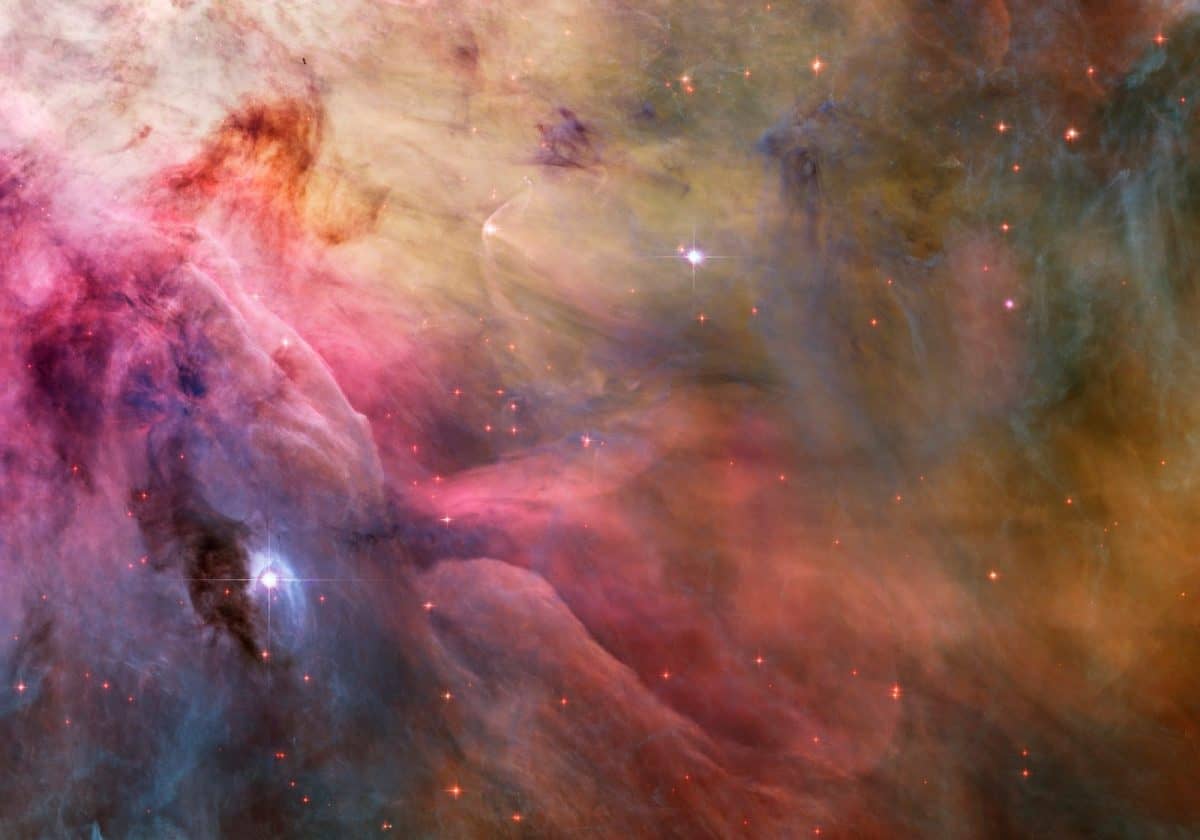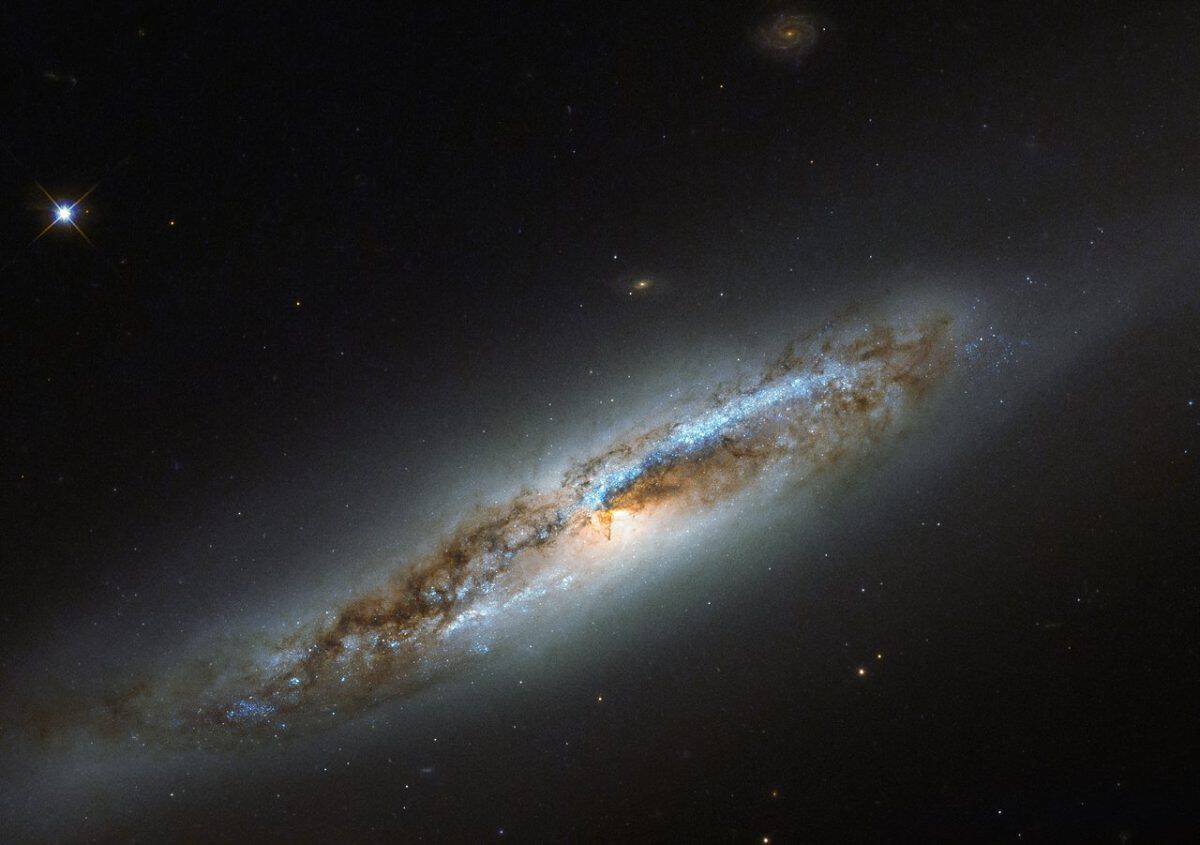Blog
Eldridge Freeman (August 11, 1921 – 2006), also known as “Buzz” Freeman or “Bruz” Freeman, was an American jazz drummer.
Born in Chicago, with his brothers, guitarist George Freeman and tenor saxophonist Von Freeman, he played for several years in the house band at the Pershing Hotel. He was also the uncle of Chico Freeman, the son of Von Freeman.
In 1950, he was a member of John Young‘s trio with LeRoy Jackson on bass, and recorded with Young’s orchestra backing vocalist Lurlean Hunter.
In the mid-1950s, he was a member of the Hampton Hawes Quartet, with Red Mitchell and Jim Hall, and with line-ups led by Herb Geller. In 1950, with his brothers George and Von (originally misidentified as Claude McLin), LeRoy Jackson, and Chris Anderson, he played with Charlie Parker shortly before his death, at a jam session recorded at Bird’s apartment which was released in 1960 by Savoy.
more...https://www.youtube.com/watch?v=8C9a3qTswV0&list=RD8C9a3qTswV0&start_radio=1
more...World Music on Flamenco Fridays with one of major influences of Flamenco music.
Francisco de Asís Tárrega y Eixea (21 November 1852 – 15 December 1909) was a Spanish composer and classical guitarist of the Romanticperiod. He is known for such pieces as Recuerdos de la Alhambra. He is often called “the father of classical guitar” and is considered one of the greatest guitarists of all time.
Tárrega was born on 21 November 1852, in Villarreal, Province of Castellón, Spain. It is said that Francisco’s father played flamenco and several other music styles on his guitar; when his father was away working as a watchman at the Convent of San Pascual, Francisco would take his father’s guitar and attempt to make the beautiful sounds he had heard. Francisco’s nickname as a child was “Quiquet”.
https://www.youtube.com/watch?v=y_goHl-GuNk&t=0s&index=6&list=PLF183036912DCA301
more...
August 10-1984
Fridolijn’s musical career started at the age of 18 with the record contract she brought in at the Blaricum Soundpush Studios. There she worked together with top producer Jaap Eggermont for two years on her debut album. A huge school, which has played a part in the success of her own jazz / pop band Finn Silver.
With this she released a beautiful album in 2011, which stood at the top of the Dutch and international jazz charts for weeks. She toured through the Netherlands and Japan, and has done major jazz festivals such as North Sea Jazz in Rotterdam and Billboard Live in Tokyo. In 2015 she released her first solo album, called ‘Catching Currents’. An album with own written songs that has received rave reviews in the music magazine Jazzism.
Charles H. “Chuck” Israels (born August 10, 1936) is a composer, arranger, and bassist who is best known for his work with the Bill Evans Trio. He has also worked with Billie Holiday, Benny Goodman, Coleman Hawkins, Stan Getz, Herbie Hancock, J. J. Johnson, John Coltrane, and Judy Collins
Born in New York City, Chuck Israels was raised in a musical family which moved to Cleveland, Ohio when he was 10. His stepfather Mordecai Bauman was a singer who performed extensively with composer Hanns Eisler. He, along with Israel’s mother, Irma Commanday, created a home environment in which music was a part of normal daily activity. Paul Robeson, Pete Seeger, and The Weavers were visitors to the Bauman home. In 1948, the appearance of Louis Armstrong‘s All Stars in a concert series produced by his parents gave him his first opportunity to meet and hear jazz musicians.
more...Gertrude E. “Trudy” Pitts (August 10, 1932 – December 19, 2010) was an American soul jazz keyboardist from Philadelphia, Pennsylvania. She was known primarily for playing the Hammond B3 organ.
Trained as a musician and a music educator, Pitts studied at the Philadelphia Musical Academy, Temple University and Juilliard, as well as other institutions. Early work experience included a position as an assistant to the pianist in the Tony Award-winning musical Raisin.
At the end of the musical’s tour, she was encouraged by her husband (who had worked with Shirley Scott as a drummer) to continue developing her repertoire.
In 1967, the Boston Globe printed a piece calling her a rising star and complimented her drawbar variation, vibrato shadings, and bass pedal work. Her husband, William Theodore Carney II (born 1925), aka “Mr. C.”, often joined her on the drums.
Trudy Pitts eventually went on to play with Ben Webster, Gene Ammons, and Sonny Stitt.[1] She recorded four albums for Prestige Records, appearing with Willis Jackson among others. In 1999, a compilation album of several records was released as Legends of Acid Jazz, Trudy Pitts & Pat Martino. Recent festival appearances include the 11th Annual Mary Lou Williams Women in Jazz Festival at the Kennedy Center in Washington, D.C., in May 2006. On September 15, 2006, Pitts was the first jazz artist play a concert on Philadelphia’s Kimmel Center’s 7,000 pipe organ, “taking the medium to a whole new level”.
more...Although not formally introduced to the santoor [also known as santur] until 1985, when he was 12 years old, Rahul Sharma had already demonstrated his talent by playing and composing on the harmonium, and on a cheap keyboard that his dad had brought back from Japan.
more...https://www.youtube.com/watch?v=kVJn3K6AVuM
more...Andile Yenana is a South African pianist. He made an indelible mark by switching from teaching to studying jazz. He has produced and worked with many South African as well as international artists.
Born in 1968 in King William’s Town, Andile’s love for music was triggered at an early age. He grew up in a household where music was really loved. His father, Felix Thamsanqa Yenana, had a huge collection of music, ranging from jazz to Motown, and other forms of urban black music and this had a huge influence in Andile’s life. Andile obtained a teaching diploma from the University of Fort Hare in South Africa’s Eastern Cape Province[citation needed] before taking up music studies under Darius Brubeck at the University of Natal‘s School of Jazz and Popular Music It was here that he became friends with saxophonist Zim Ngqawana and trumpeter Feya Faku.
more...Jack DeJohnette (born August 9, 1942) is an American jazz drummer, pianist, and composer.
An important figure of the fusion era of jazz, DeJohnette is one of the most influential jazz drummers of the 20th century, given his extensive work as leader and sideman for musicians including Charles Lloyd, Freddie Hubbard, Keith Jarrett, Bill Evans, John Abercrombie, Alice Coltrane, Sonny Rollins, Miles Davis, Joe Henderson, Michael Brecker, Herbie Hancock and John Scofield. He was inducted into the Modern Drummer Hall of Fame in 2007.
DeJohnette was born in Chicago, Illinois. He began his musical career as a pianist, studying from age four and first playing professionally at age fourteen. He later switched focus to the drums. DeJohnette credit his uncle, Roy I. Wood Sr., a Chicago disc jockey and vice president of the National Network of Black Broadcasters, as his inspiration to play music.
more...https://www.youtube.com/watch?v=UhL9tw3igiA
more...The constellation of Virgo (The Virgin) is especially rich in galaxies, due in part to the presence of a massive and gravitationally-bound collection of more than 1300 galaxies called the Virgo Cluster. One particular member of this cosmic community, NGC 4388, is captured in this image, as seen by the NASA/ESA Hubble Space Telescope’s Wide Field Camera 3.
Located some 60 million light-years away, NGC 4388 is experiencing some of the less desirable effects that come with belonging to such a massive galaxy cluster. It is undergoing a transformation and has taken on a somewhat confused identity.
While the galaxy’s outskirts appear smooth and featureless, a classic feature of an elliptical galaxy, its center displays remarkable dust lanes constrained within two symmetric spiral arms, which emerge from the galaxy’s glowing core — one of the obvious features of a spiral galaxy. Within the arms, speckles of bright blue mark the locations of young stars, indicating that NGC 4388 has hosted recent bursts of star formation.
Despite the mixed messages, NGC 4388 is classified as a spiral galaxy. Its unusual combination of features are thought to have been caused by interactions between NGC 4388 and other galaxies in the Virgo Cluster. Gravitational interactions — from glancing blows to head-on collisions, tidal influencing, mergers, and galactic cannibalism — can be devastating to galaxies. While some may be lucky enough to simply suffer a distorted spiral arm or newly-triggered wave of star formation, others see their structure and contents completely and irrevocably altered.
more...Urban Clifford “Urbie” Green (born August 8, 1926) is an American jazz trombonist who toured with Woody Herman, Gene Krupa, Jan Savitt, and Frankie Carle.
He has played on over 250 recordings and has released more than two dozen albums as a soloist and is highly respected by his fellow trombonists. Green’s trombone sound is especially noted for its warm, mellow tone, even in the higher registers where he is more fluent than most trombonists. His technique is considered flawless by many in the music industry and has appeared in major jazz festivals, motion pictures, concert halls, nightclubs, radio, television and the White House. He was inducted into the Alabama Jazz Hall of Fame in 1995.
Born in Mobile, Alabama, Green was taught the piano as a child by his mother, jazz and popular tunes from the beginning. He picked up the trombone, which both older brothers played, when he was about 12. Although he listened to such trombone greats as Tommy Dorsey, J. C. Higginbotham, Jack Jenney, Jack Teagarden and Trummy Young he has said that he was more influenced by the styles of Dizzy Gillespie, Charlie Parker, and Lester Young. Urbie’s trombone style was also influenced by vocalists such as Perry Como, and the vocal style of Louis Armstrong.
more...Bennett Lester Carter (August 8, 1907 – July 12, 2003) was an American jazz saxophonist, clarinetist, trumpeter, composer, arranger, and bandleader. With Johnny Hodges, he was a pioneer on the alto saxophone. From the beginning of his career in the 1920s he was a popular arranger, having written charts for Fletcher Henderson’s big band that shaped the swing style. He had an unusually long career that lasted into the 1990s. During the 1980s and ’90s, he was nominated for eight Grammy Awards, which included receiving a Lifetime Achievement Award.
Born in New York City in 1907, he was given piano lessons by his mother and others in the neighborhood. He played trumpet and experimented briefly with C-melody saxophone before settling on alto saxophone. In the 1920s, he performed with June Clark, Billy Paige, and Earl Hines, then toured as a member of the Wilberforce Collegians led by Horace Henderson. He appeared on record for the first time in 1927 as a member of the Paradise Ten led by Charlie Johnson. He returned to the Collegians and became their bandleader through 1929, including a performance at the Savoy Ballroom in New York City.
In his early 20s, Carter worked as arranger for Fletcher Henderson after that position was vacated by Don Redman. He had no formal education in arranging, so he learned by trial and error, getting on his knees and looking at the existing charts, “writing the lead trumpet first and the lead saxophone first—which, of course, is the hard way. It was quite some time that I did that before I knew what a score was.”
He left Henderson to take Redman’s former job as leader of McKinney’s Cotton Pickers in Detroit. In 1932 he formed a band in New York City that included Chu Berry, Sid Catlett, Cozy Cole, Bill Coleman, Ben Webster, Dicky Wells, and Teddy Wilson. Carter’s arrangements were complex. Among the most significant were “Keep a Song in Your Soul”, written for Henderson in 1930, and “Lonesome Nights” and “Symphony in Riffs” from 1933, both of which show Carter’s writing for saxophones.
more...Namgyal Lhamo is a singer, songwriter and actress. Namgyal Lhamo originally hails from Shigatse in Tibet. Winner of the Best Female Singer award at the 2007 Tibetan music awards, Namgyal Lhamo took to singing at a very young age and was chosen to be trained at the Tibetan Institute of Performing Arts in Dharamsala, India established by the Dalai Lama, to preserve the cultural identity of Tibetans by keeping alive their artistic traditions and by sharing them with the world.
more...More Posts
- The Defeat of Jesse James Musical
- Cosmos NGC 4565
- Joe Cocker
- Victor Lewis
- Louis Smith
- SAVE UKRAINE Alina Pash
- Daily Roots Lee Perry & the Upsetters
- “Joaquins First School Shooting”
- The Defeat of Jesse James Musical
- Cosmos M63
- Grace Jones
- Peter Townshend
- Tom Scott
- Sonny Fortune
- Cecil McBee
- Flamenco Fridays Camerón
- Daily Roots Keith Hudson
- Happy Birthday Hendrix
- The Defeat of Jesse James Musical
- Challenge to Change by Zamya Theater


